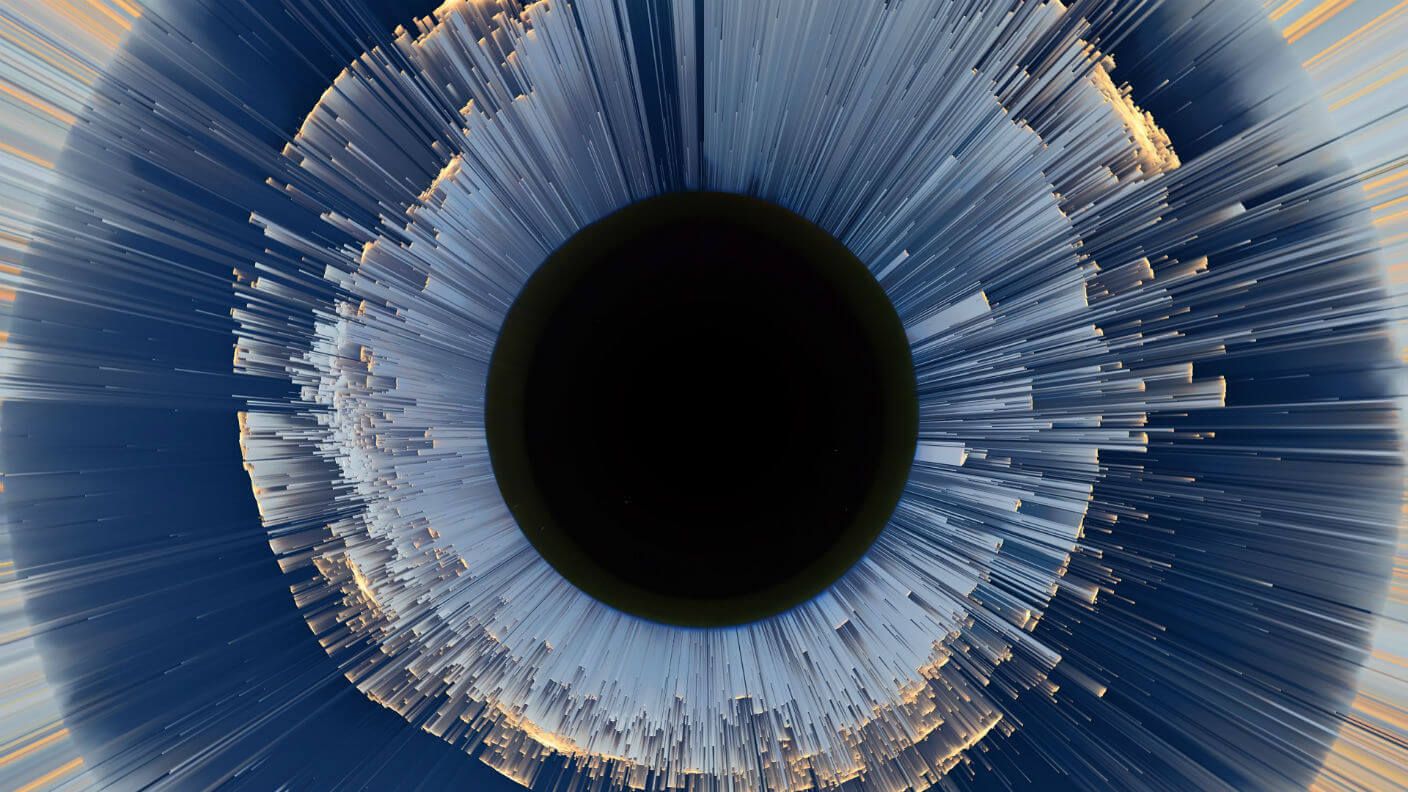Why does everyone assume that the AI revolution will either lead to a fiery apocalypse or a glorious utopia, and not something in between? Of course, part of this is down to the fact that you get more attention by saying “The end is nigh!” or “Utopia is coming!”
But part of it is down to how humans think about change, especially unprecedented change. Millenarianism doesn’t have anything to do with being a “millennial,” being born in the 90s and remembering Buffy the Vampire Slayer. It is a way of thinking about the future that involves a deeply ingrained sense of destiny. A definition might be: “Millenarianism is the expectation that the world as it is will be destroyed and replaced with a perfect world, that a redeemer will come to cast down the evil and raise up the righteous.”
Millenarian beliefs, then, intimately link together the ideas of destruction and creation. They involve the idea of a huge, apocalyptic, seismic shift that will destroy the fabric of the old world and create something entirely new. Similar belief systems exist in many of the world’s major religions, and also the unspoken religion of some atheists and agnostics, which is a belief in technology.










Comments are closed.